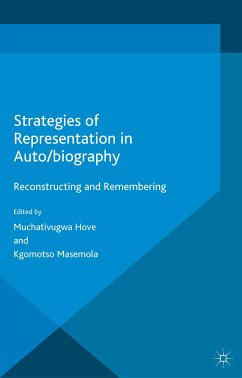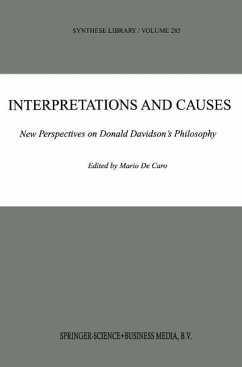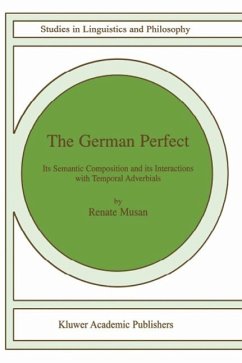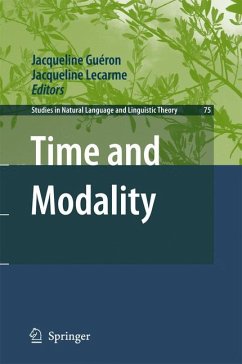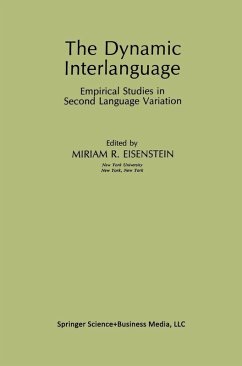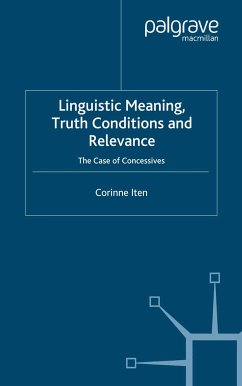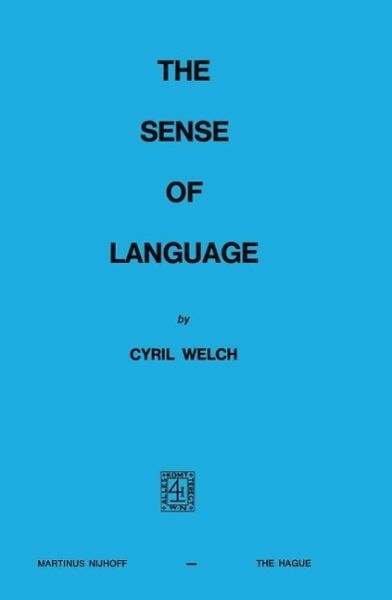
The Sense of Language (eBook, PDF)

PAYBACK Punkte
31 °P sammeln!
As its title states, this work formulates in language a sense of language, a sense of our involvement in speaking and listening, reading and writing. What it works out may be called the sense, only because it provides, or hopes to provide, an access to the myriad possibilities of language. In fact, if the four Chapters in any way "grind an axe", they do so with a view to decapitating the overweening contemporary tendency to hedge in language, to make some thing of a prison out of it ... for ourselves. The reader should bear in mind that the purport of the work lies in learning the sense of lan...
As its title states, this work formulates in language a sense of language, a sense of our involvement in speaking and listening, reading and writing. What it works out may be called the sense, only because it provides, or hopes to provide, an access to the myriad possibilities of language. In fact, if the four Chapters in any way "grind an axe", they do so with a view to decapitating the overweening contemporary tendency to hedge in language, to make some thing of a prison out of it ... for ourselves. The reader should bear in mind that the purport of the work lies in learning the sense of language, not in teaching it. I grant a book is utterly worthless unless something of importance can be learned from it, but I also believe a philosophical book can not and (even if it tries) does not teach anything. There are indeed good books which teach and exposit material for the reader, but they are peripheral to the reflective domain. In my career as a teacher of sorts, I have discovered how difficult works like Aristotle's Metaphysics suddenly make sense to students when they finally read them as manuals for learning, handbooks suggesting what the reader can examine in order to understand not the book primarily, but his own experience of and thought upon things. My own work here will, I hope, be taken as something of a handbook.
Dieser Download kann aus rechtlichen Gründen nur mit Rechnungsadresse in A, B, BG, CY, CZ, D, DK, EW, E, FIN, F, GR, HR, H, IRL, I, LT, L, LR, M, NL, PL, P, R, S, SLO, SK ausgeliefert werden.




![Soviet Russian Dialectical Materialism [Diamat] (eBook, PDF) Cover Soviet Russian Dialectical Materialism [Diamat] (eBook, PDF)](https://bilder.buecher.de/produkte/44/44183/44183488n.jpg)

